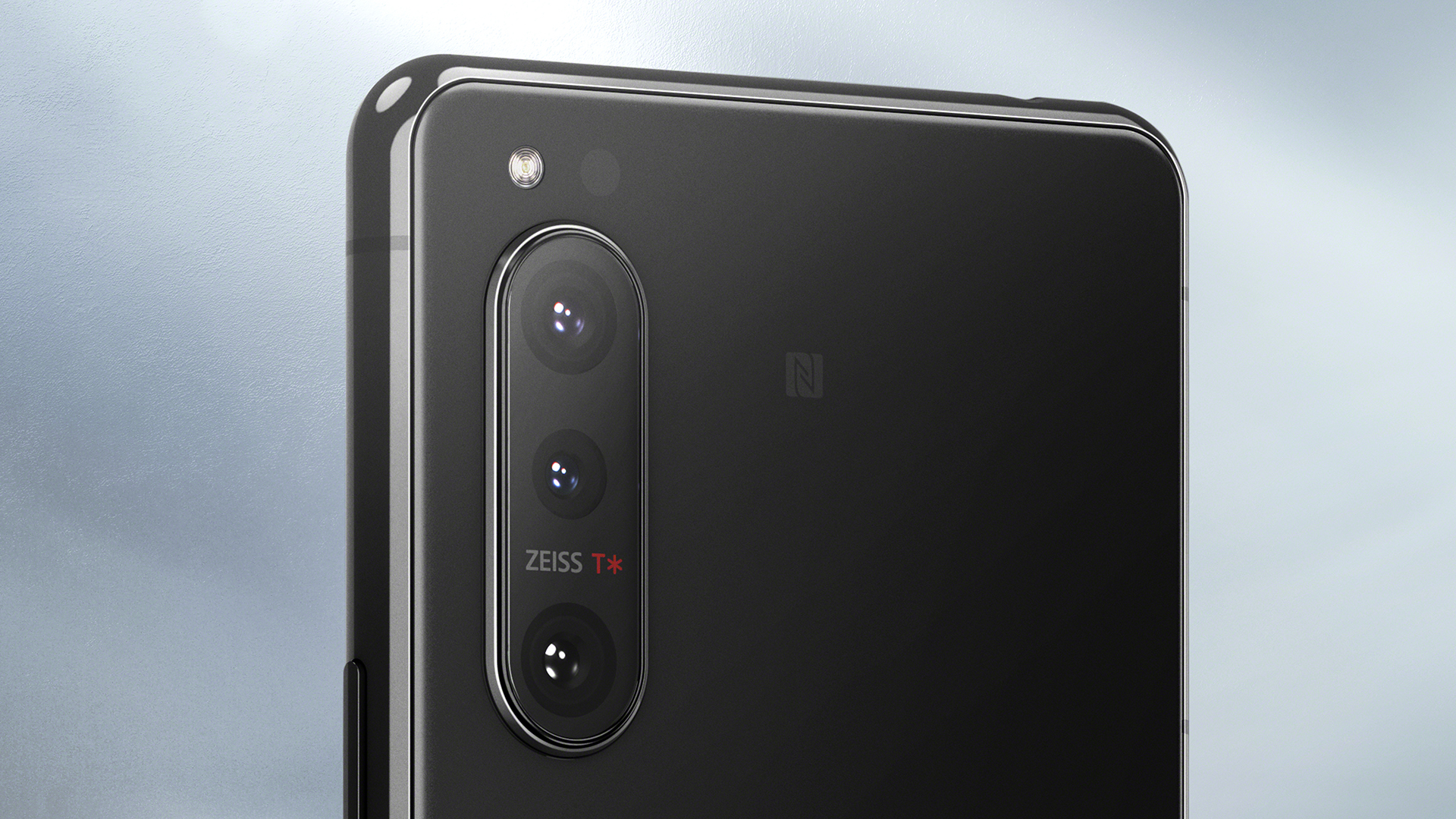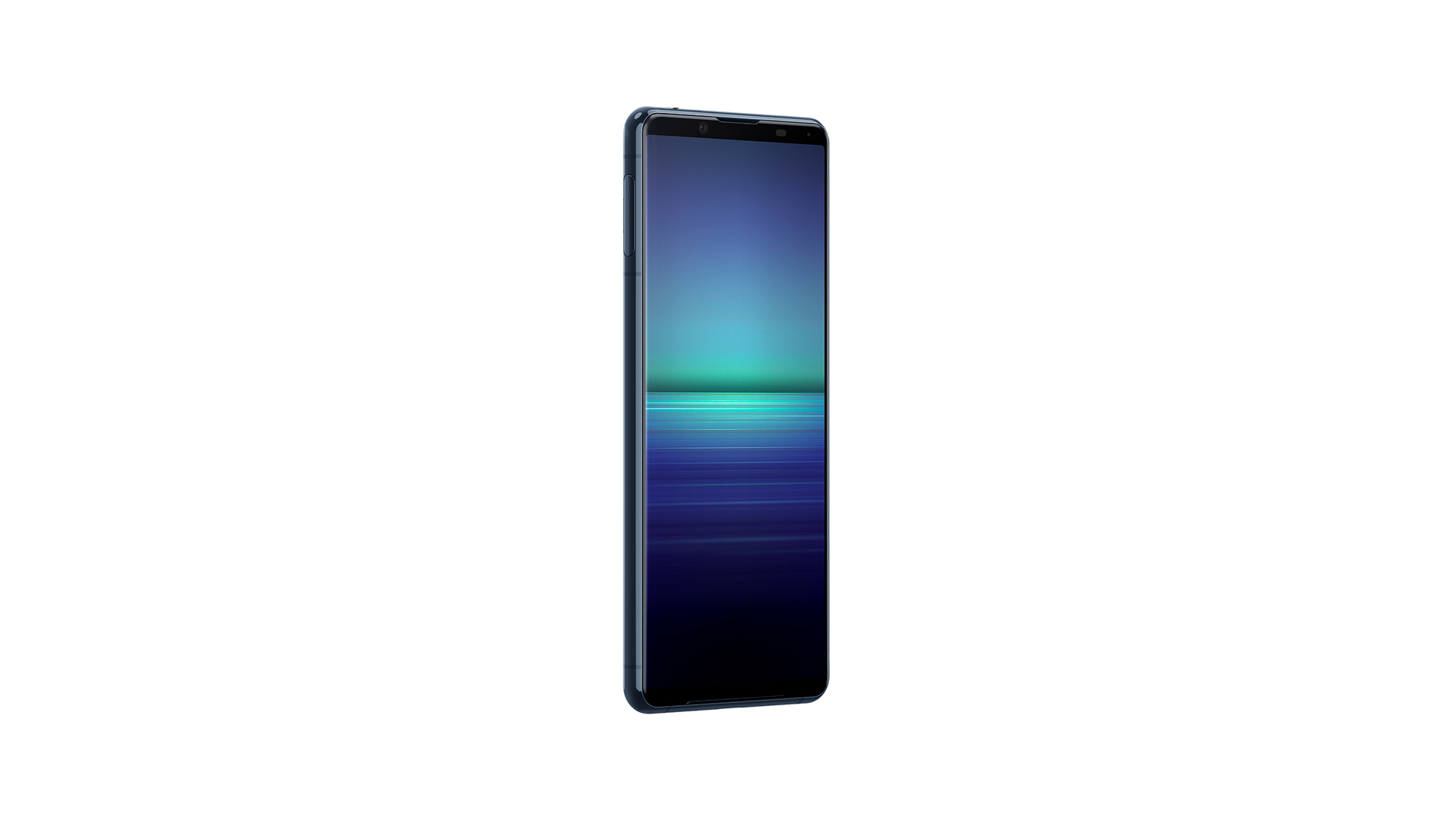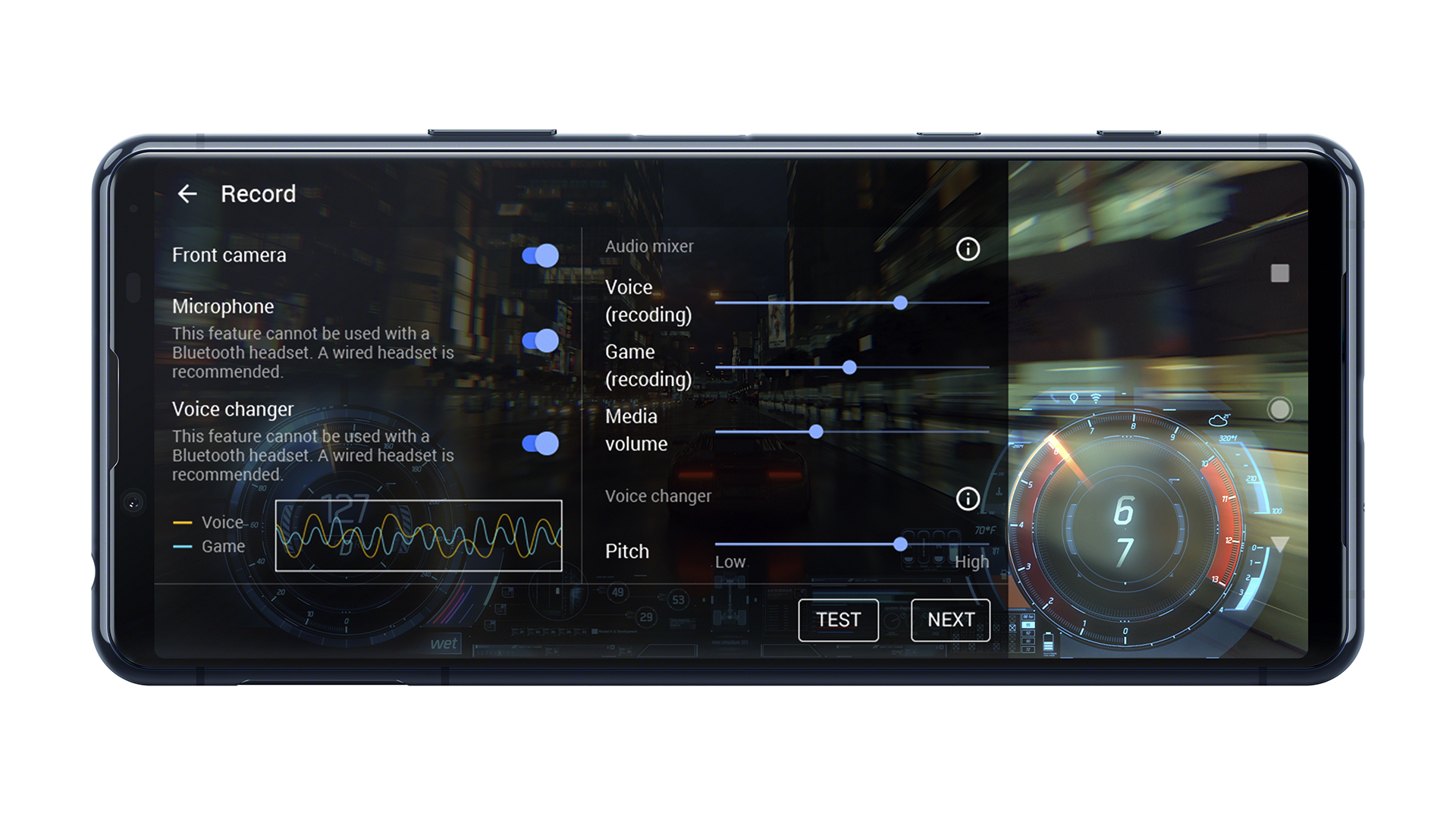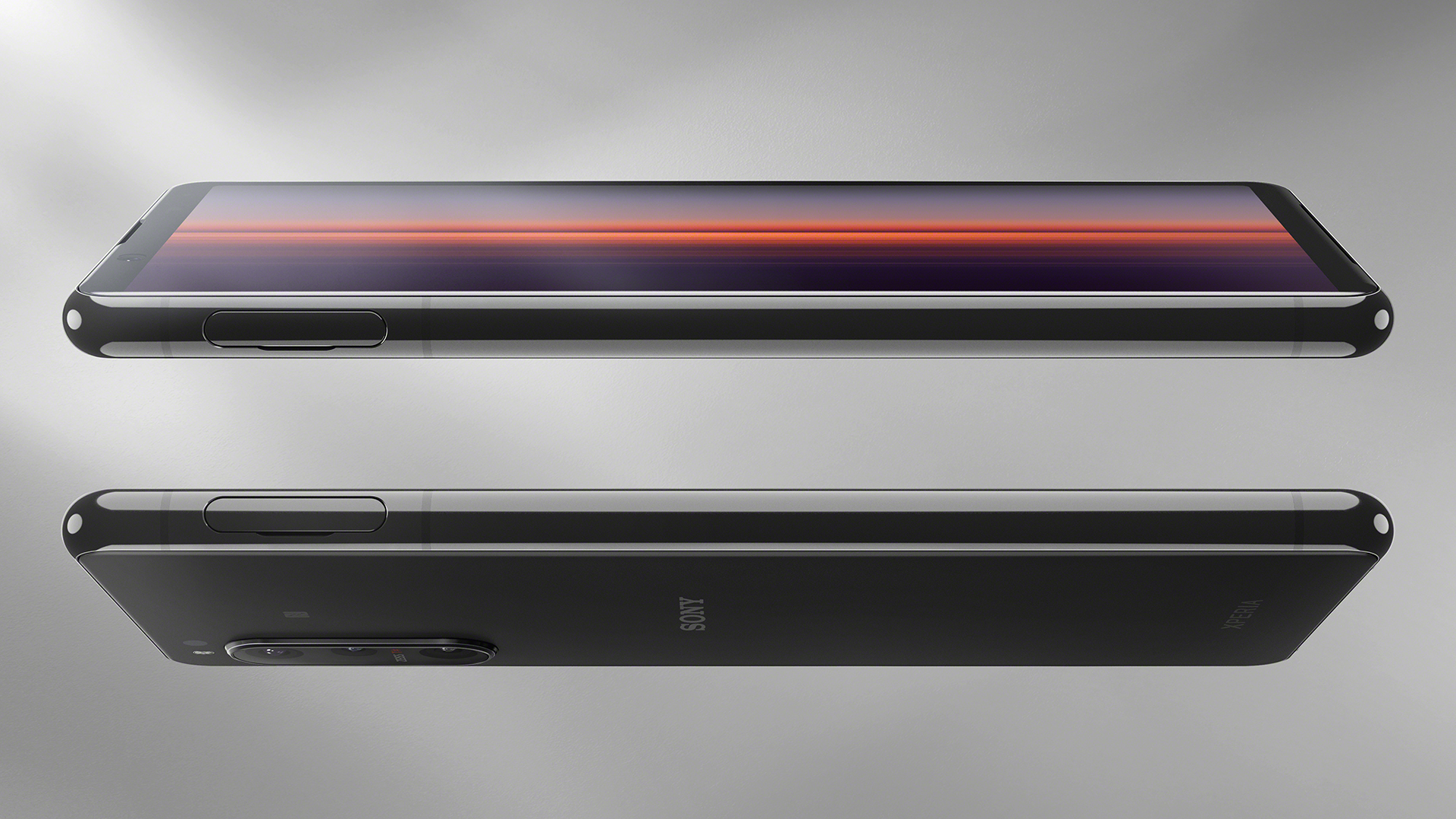What Hi-Fi? Verdict
A talented phone for music and movies, and well worth considering if you want a smaller or cheaper alternative to the Award-winning Xperia 1 II
Pros
- +
Impressive Full HD video
- +
Impressive sound
- +
Smart design
Cons
- -
4K video lacks detail
Why you can trust What Hi-Fi?
Sony’s smartphone output seems somewhat erratic. The Xperia 5 II is the second Sony smartphone we’ve reviewed in 2020, following something of an extended hiatus. There have been Xperia phones in the preceding years, but you’d be forgiven for not noticing as Sony hasn’t really made much noise about them.
That has changed this year and the Sony Xperia 5 II follows the Xperia 1 II, which won our smartphone Product of the Year Award for delivering a level of video and audio performance above that of other flagship Android phones. On paper, it looks like this model can impress us in a similar way: it’s smaller, cheaper and has similar specs, so what’s not to like?
Features

We’re not entirely on board with Sony’s naming convention. “5 II” isn’t the clearest of model names – even before you realise that it’s actually smaller than the 1 II. Here we have a 6.1in OLED screen with a 2520 x 1080 resolution, unlike the 4K screen on the larger model – one of the key differences between the Xperia 5 II and the 1 II. But while we’re missing those extra pixels, we do get an upgrade to a 120Hz display.
Elsewhere, the spec sheet is almost identical, which is no bad thing. That means a 21:9 aspect ratio screen, which makes for a slimline handset. Of course, the bezel is ‘barely there’ thin and there are subtlety curved edges to the frame. The camera bump on the back is clear but less obtrusive than on other phones, such as the Samsung Galaxy Note 20 Ultra.

Display 6.1in OLED
Resolution 2520 x 1080 (450 ppi)
Front camera 8MP
Rear camera Quad 12MP
RAM 8GB
OS Android 10
Storage 256GB + microSD
Sony opts to have the fingerprint sensor on the right-hand side of the phone. It’s reliable and fast, though easier to accidentally wake in your pocket. It’s also trickier to operate if your phone is flat on a surface. There are buttons below the fingerprint scanner for one-touch access to Google Assistant and the camera. Again, we find them easy to press accidentally, especially when making calls, but once you know they’re there, it’s easily avoided.
More welcome is the presence of a 3.5mm headphone jack at the top, a microSD slot inside the SIM card tray and the now-standard USB-C connection at the bottom of the phone. The Android 10 operating system is well integrated and while there are some apps in your way when you fire up the phone, they can be removed to leave a clean and quick interface.
The same 12MP f/1.7 wide lens, 12MP f/2.4 telephoto lens and 12MP f/2.2 ultrawide lenses are here, which means the same Sony Pro features, but also excellent images that are natural and detailed when simply using the standard auto mode.
Again, Sony is using the Qualcomm Snapdragon 865 chipset and 8GB of RAM, and its operation proves fast and responsive. There’s the same 4000mAh battery, fast-charging for 50 per cent power in 30 minutes, and support for wireless charging, too.
Screen

We were blown away by the performance of the 4K screen on the Xperia 1 II, so we’re intrigued to see how this phone compares. Of course, it’s not just a smaller screen here, it’s also a lower resolution. But the good news is that for a lot of the time, you may not really notice.
Watching SD and HD content, we’re hard-pressed to discern any notable differences. This Xperia 5 II delivers sharp, detailed and colourful images. Motion is smooth and there’s little sign of noise. When it comes to much of the video you’re likely to be watching, this phone looks great.
But with 4K content, you will notice a comparative difference. This is when the 4K resolution screen of the Xperia 1 II really shines. You see more detail, sharper edges and a greater resolution on show – those extra PPIs (pixels per inch) really do make a difference. That doesn’t make this Xperia 5 II screen a bad one, but if you want the ultimate UHD experience on a mobile, you need a phone with a true 4K screen.
However, if you’re an avid mobile gamer, you will appreciate the 120Hz screen – it makes graphics smoother and will improve your playing experience.
Sound

The Xperia 1 II established a new benchmark for sound quality, so we’re hopeful this model can replicate that success. And it almost does. Using the headphone jack or via the wireless connection, we are treated to a musical, clear and dynamic sound.
The Xperia 5 II successfully delivers something akin to a hi-fi performance, offering scale and authority with the stirring strings and deep bass of the Inception OST, while sounding upbeat and light on its feet with Atlas by Bicep.
But as we listen to Blonde by Roger Eno & Brian Eno and compare it with the Xperia 1 II, it’s clear this phone is missing a layer of detail. The larger Award-winning smartphone manages to peel back one more layer of texture to the track. Playing Chromatics’ Famous Monsters, the Xperia 1 II delivers more punch alongside that extra clarity. That’s not to say we’re in any way disappointed with what we hearing from this model, but the 1 II does pip it.
Sony’s LDAC technology, which allows for hi-res audio transmission and aims to maximise performance over Bluetooth, is present here too, and you’ll be made aware when you connect an LDAC device and asked to choose between the highest quality, “Sound quality preferred”, or opt for “Best effort”, which will adapt based on your network connectivity.
Verdict
For many people, a smartphone choice is a straight battle between Apple and Samsung. But if you value music and video performance highly, you really should consider these latest Sony phones.
While its pricier sibling still edges it for 4K video performance and ultimate sound quality, the more compact and affordable Sony Xperia 5 II remains a terrific choice.
SCORES
- Screen 5
- Sound 5
- Features 5
MORE:
Read our guide to the best smartphones
Read our Sony Xperia 1 II review
Read our Apple iPhone 12 review
Read our Samsung Galaxy S20 review
What Hi-Fi?, founded in 1976, is the world's leading independent guide to buying and owning hi-fi and home entertainment products. Our comprehensive tests help you buy the very best for your money, with our advice sections giving you step-by-step information on how to get even more from your music and movies. Everything is tested by our dedicated team of in-house reviewers in our custom-built test rooms in London, Reading and Bath. Our coveted five-star rating and Awards are recognised all over the world as the ultimate seal of approval, so you can buy with absolute confidence.

